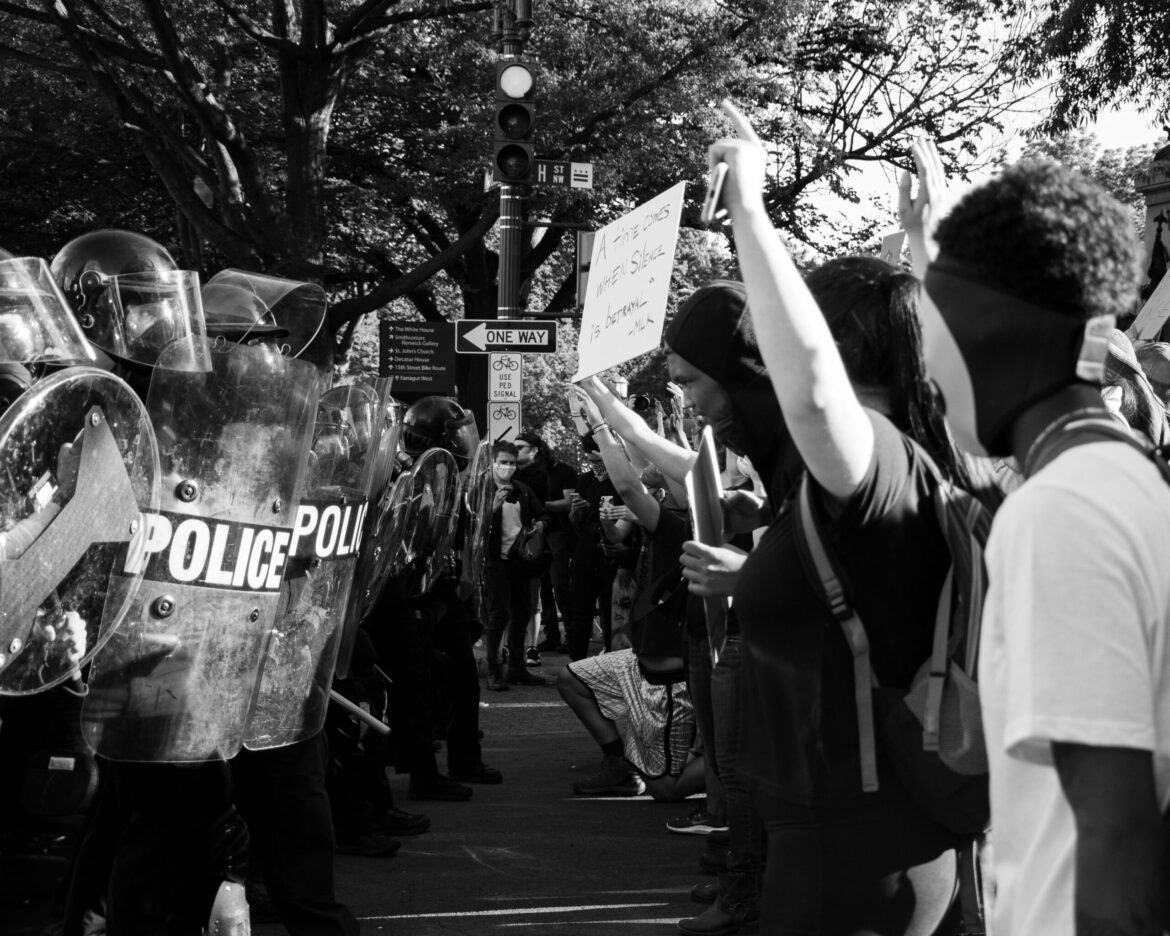In the wake of violent confrontations during pro-Palestinian demonstrations, UCLA has come under intense scrutiny for its handling of student-led activism and campus safety. The controversy erupted when a peaceful encampment of pro-Palestinian protesters on Royce Quad was attacked by masked individuals wielding clubs, leading to multiple injuries and widespread fear among students. Videos of the assaults quickly circulated online, fueling outrage both on and off campus.
Violent Incident Sparks Uproar
The altercations, described as brutal and unprovoked, marked a turning point in the university’s response to political demonstrations. Protesters reported that the attackers appeared organized and arrived after sunset, taking advantage of the limited law enforcement presence. Observers and students criticized the university for failing to adequately protect those exercising their right to peaceful assembly. The administration’s delayed intervention only intensified frustration among demonstrators and civil rights groups.
Vice Chancellor of UCLA Strategic Communications, Mary Osako, acknowledged the chaos in a public statement: “We are heartbroken to report that today, some physical altercations broke out among demonstrators on Royce Quad.” Her remarks did little to stem the backlash, as critics pointed to systemic failures in UCLA’s preparedness and its hesitancy to intervene promptly during the violence.
Administrative Fallout and Policy Review
In the aftermath, UCLA announced the reassignment of its campus police chief, signaling institutional accountability in the face of mounting criticism. University officials also initiated an external review of their security protocols and crisis response measures, vowing to learn from the incident and reinforce safety for all students.
The administration’s response has ignited a wider conversation about the limits of free speech, the role of university police, and how higher education institutions should manage contentious political discourse. Many faculty members and student groups have demanded clearer guidelines on protest protections and called for increased transparency in future security decisions.
National Implications and Broader Tensions
The UCLA incident is not occurring in isolation. Across the country, university campuses are becoming battlegrounds for highly polarized political debates. With the Israel-Palestine conflict continuing to generate passionate activism among student bodies, administrators are grappling with how to safeguard student expression while preventing escalation into violence.
The situation at UCLA has become emblematic of these broader struggles, raising urgent questions about university leadership in moments of crisis. It has also prompted advocacy organizations to push for federal oversight on how institutions address campus demonstrations that carry national and international implications.
As UCLA undertakes its review and reckons with public criticism, the outcome may shape how universities nationwide handle similar protests in the future. The pressure is now on higher education leaders to strike a balance between maintaining order and honoring the constitutional rights of their students.

